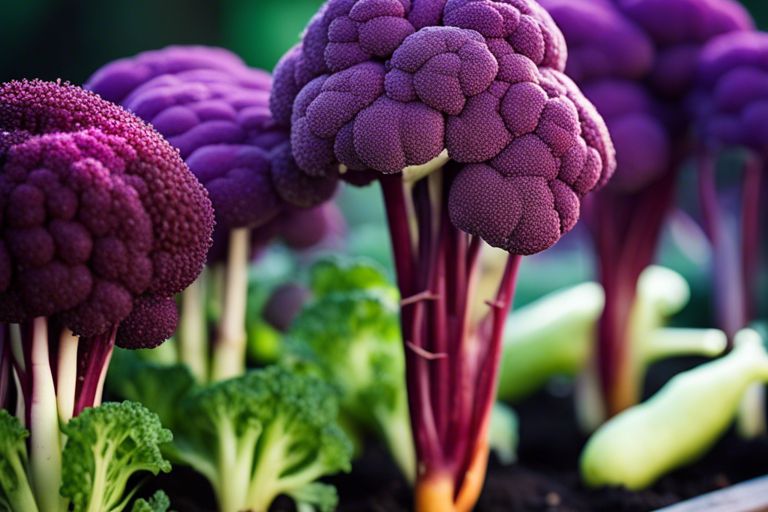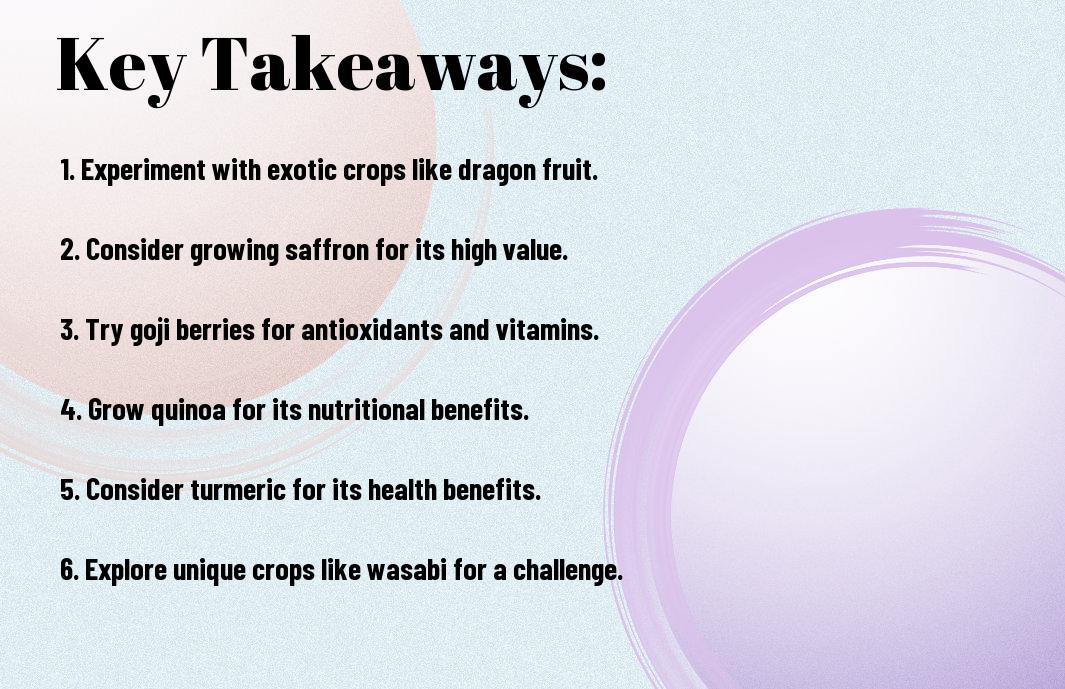
Dewalt DCB609 20V/60V MAX FLEXVOLT 9 Ah Lithium-Ion Battery
$169.99 (as of December 22, 2024 22:10 GMT +00:00 - More infoProduct prices and availability are accurate as of the date/time indicated and are subject to change. Any price and availability information displayed on [relevant Amazon Site(s), as applicable] at the time of purchase will apply to the purchase of this product.)GCI Outdoor Freestyle Rocker Camping Chair
$69.98 (as of December 22, 2024 22:10 GMT +00:00 - More infoProduct prices and availability are accurate as of the date/time indicated and are subject to change. Any price and availability information displayed on [relevant Amazon Site(s), as applicable] at the time of purchase will apply to the purchase of this product.)Aunt Gifts from Niece, Christmas Aunt Gifts for Aunt Auntie Gifts, Best Aunt Ever Gifts Aunt Birthday Gifts for Auntie, Christmas Auntie Gifts for Aunt Hummingbird Solar Wind Chimes for Outside Decor
$16.99 (as of December 22, 2024 22:10 GMT +00:00 - More infoProduct prices and availability are accurate as of the date/time indicated and are subject to change. Any price and availability information displayed on [relevant Amazon Site(s), as applicable] at the time of purchase will apply to the purchase of this product.)Seesii Mini Chainsaw, 6-inch Mini Chainsaw Cordless, Handheld Electric Power Chain Saw with Battery, for Tree Trimming Wood Cutting, Best Gifts for Father, Dad, Husband, Men
$49.98 (as of December 22, 2024 22:10 GMT +00:00 - More infoProduct prices and availability are accurate as of the date/time indicated and are subject to change. Any price and availability information displayed on [relevant Amazon Site(s), as applicable] at the time of purchase will apply to the purchase of this product.)Jardinpatio 160pcs Bowl Lotus Seeds Mixed Lotus Seeds for Planting Water Features Bonsai Lotus Flower Seeds Indoor Outdoor Garden Pond Grow Easily Low Maintenance
$15.37 (as of December 22, 2024 22:10 GMT +00:00 - More infoProduct prices and availability are accurate as of the date/time indicated and are subject to change. Any price and availability information displayed on [relevant Amazon Site(s), as applicable] at the time of purchase will apply to the purchase of this product.)Crops that are often overlooked but can thrive in your home garden include the vibrant amaranth, known for its nutrient-rich leaves and seeds, and the colorful dragon fruit, which thrives in warm climates with well-draining soil. Other unique options to consider are the earthy salsify root vegetable and the exotic turmeric plant, prized for its medicinal properties. By incorporating these rare crops into your garden, you can add variety to your harvest and elevate your gardening experience to new levels of excitement and satisfaction.
Key Takeaways:
- Diversify plant varieties: Growing rare crops in your home garden can help diversify your harvest and introduce unique flavors to your meals.
- Consider microclimates: Some rare crops thrive in specific microclimates, so assess your garden’s conditions to determine which plants will do well.
- Research care requirements: Before planting rare crops, do thorough research on their care requirements to ensure they receive the proper attention and conditions for optimal growth.


Understanding Your Gardening Environment
Any successful gardening endeavor starts with a good understanding of your gardening environment. By assessing factors like climate zone and soil quality, you can create the ideal conditions for rare crops to thrive in your home garden.
Assessing Your Climate Zone
Environment plays a crucial role in determining which rare crops will thrive in your garden. Understanding your climate zone is important as it helps you choose crops that are well-suited to the temperature, humidity, and sunlight levels in your area. Before selecting rare crops to grow, research the specific climate requirements of each plant to ensure they will flourish in your garden.
Soil Quality and Improvement Tips
Environment and soil quality go hand in hand when it comes to gardening success. Testing your soil can provide valuable insights into its composition, pH levels, and nutrient content. By improving the soil quality through methods like adding compost, mulching, and using organic fertilizers, you can create a fertile environment for rare crops to grow.
- Test your soil to determine its pH levels and nutrient content.
- Add organic matter like compost or manure to improve soil structure and fertility.
- Consider mulching around plants to retain moisture and suppress weeds.
Tips for improving soil quality are important for creating a healthy foundation for your rare crops. Recognizing the importance of soil health and taking steps to enhance it will set the stage for a successful garden filled with unique and thriving plants.
- Recognizing the signs of nutrient deficiency in plants can help you address any soil issues promptly.
Plus, remember that soil quality is an ongoing process that requires regular monitoring and maintenance. By staying proactive and implementing soil improvement tips, you can create an optimal environment for rare crops to flourish in your home garden.
Selecting Rare Crops for Your Garden
All gardeners dream of cultivating a garden that is not only beautiful but also unique. While common vegetables like tomatoes and peppers are necessary, adding rare crops to your garden can take your gardening experience to the next level. If you are unsure where to start, you can begin by exploring some easy-to-grow vegetables that will add a touch of novelty to your garden. For a list of easy vegetables to grow at home, you can check out the article on 12 Easy Vegetables to Grow at Home Even if You Have No Green Thumb.
Rare Vegetables to Consider
Selecting rare vegetables for your garden can be a fun and rewarding experience. Consider adding crops like purple asparagus, Mexican sour gherkin, or Romanesco broccoli to your garden for a unique twist. These vegetables not only offer interesting flavors and textures but also serve as conversation starters when friends and family visit your garden. By exploring different varieties of vegetables, you can discover new favorites that will set your garden apart from the rest.
Another great way to diversify your garden is by growing heirloom vegetables like rainbow carrots, yellow zucchini, or black radishes. These vegetables have been passed down through generations and offer a taste of history in addition to their unique appearance. By incorporating rare vegetables into your garden, you can create a vibrant and diverse growing space that showcases the beauty of lesser-known crops.
Unique Fruits to Grow at Home
An important aspect of selecting crops for your home garden is considering unique fruits that can thrive in your growing conditions. Adding fruits like pineapple guava, white strawberries, or Asian pears to your garden can introduce new flavors and textures that you may not find in traditional fruits. These fruits are not only delicious but also visually appealing, adding a pop of color to your garden landscape.
Consider exploring exotic fruit varieties like dragon fruit, passion fruit, or persimmons to add a tropical flair to your garden. These fruits can be grown in containers or directly in the ground, making them versatile options for gardeners with limited space. By incorporating unique fruits into your garden, you can create a mini orchard that provides a constant supply of fresh and flavorful produce throughout the growing season.
Cultivation Techniques for Uncommon Crops
Once again, the allure of growing rare crops in your home garden beckons. To successfully cultivate these uncommon plants, it is vital to familiarize yourself with the specific care requirements for each variety. By understanding the cultivation techniques for these unique crops, you can create a thriving garden filled with a diverse array of produce.
Caring for Rare Vegetable Varieties
Crops like purple carrots, white asparagus, or striped tomatoes may require different care than more common vegetables. It’s important to research the specific needs of each rare variety to ensure optimal growth and yield. Providing the right amount of sunlight, water, nutrients, and spacing is crucial for the success of these unique vegetable plants.
Additionally, some rare vegetable varieties may be more susceptible to pests or diseases compared to traditional crops. Regular monitoring and proactive pest management strategies can help safeguard your uncommon vegetables against potential threats. By staying vigilant and addressing any issues promptly, you can protect your plants and promote a bountiful harvest.
Special Considerations for Exotic Fruit Trees
Varieties of exotic fruit trees such as dragon fruit, lychee, or pawpaw can add a tropical flair to your garden. These fruit trees often have specific temperature, humidity, and soil requirements that differ from more common fruit trees. It’s vital to create a microclimate that mimics their native habitat to promote healthy growth and fruit production.
When cultivating exotic fruit trees, consider factors like pollination requirements, pruning techniques, and potential diseases that may affect these unique plants. Understanding the special considerations for exotic fruit trees will help you provide the necessary care and attention to ensure they thrive in your home garden.
Overcoming Challenges in Rare Crop Gardening
Pest and Disease Management
Your success in rare crop gardening heavily relies on effective pest and disease management strategies. Keep a close eye on your plants and promptly address any signs of infestation or illness. Implement preventive measures such as crop rotation, companion planting, and regular inspection to minimize the risk of pest and disease outbreaks.
Gardening organically with natural pest control methods like neem oil, diatomaceous earth, or beneficial insects can help protect your rare crops without harmful chemicals. Research the specific pests and diseases that commonly affect your chosen crops to tailor your management approach accordingly.
Adapting to Changing Weather Patterns
Changing weather patterns can pose a challenge to rare crop gardening, as these crops may have specific climate requirements. Stay informed about local weather trends and be prepared to adapt your gardening practices as needed. Consider investing in protective structures like greenhouses or row covers to shield your plants from extreme temperatures or excessive rainfall.
Plus, utilizing techniques such as mulching, watering deeply but infrequently, and adjusting planting schedules can help your rare crops thrive despite unpredictable weather. By staying proactive and flexible in your approach, you can overcome the challenges posed by changing weather patterns and harvest a successful rare crop garden.
To wrap up
As a reminder, several rare crops can thrive in your home garden with proper care and attention. Consider experimenting with unique varieties like dragon fruit, quinoa, or purple sweet potatoes to add interest and diversity to your harvest. By understanding the specific needs of each crop and providing the right conditions, you can successfully grow a range of unusual plants right in your own backyard. With a little research and dedication, you can enjoy a bountiful and diverse garden filled with rare and exotic crops.










